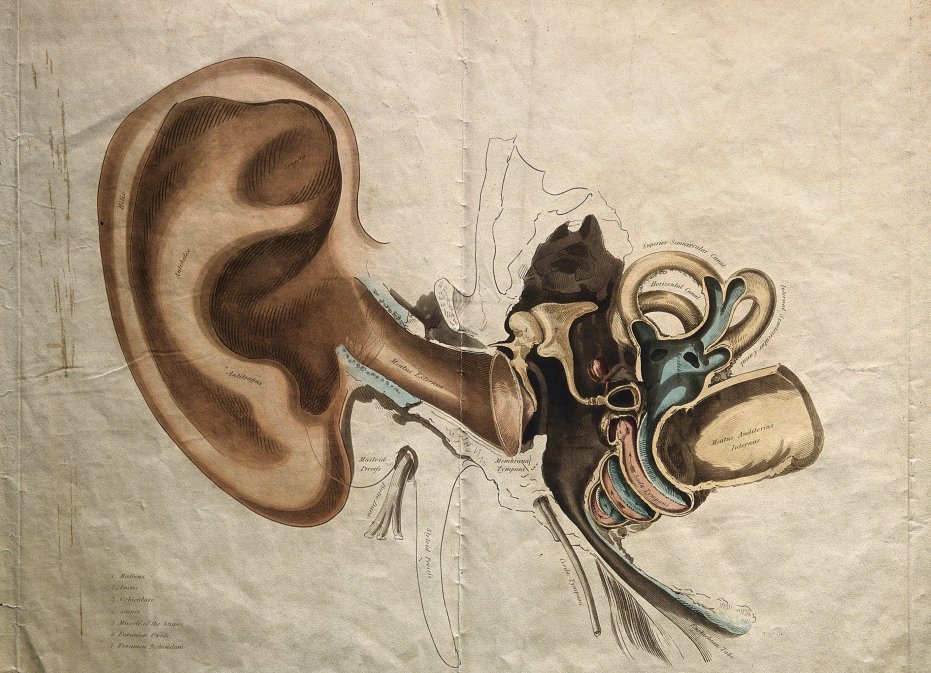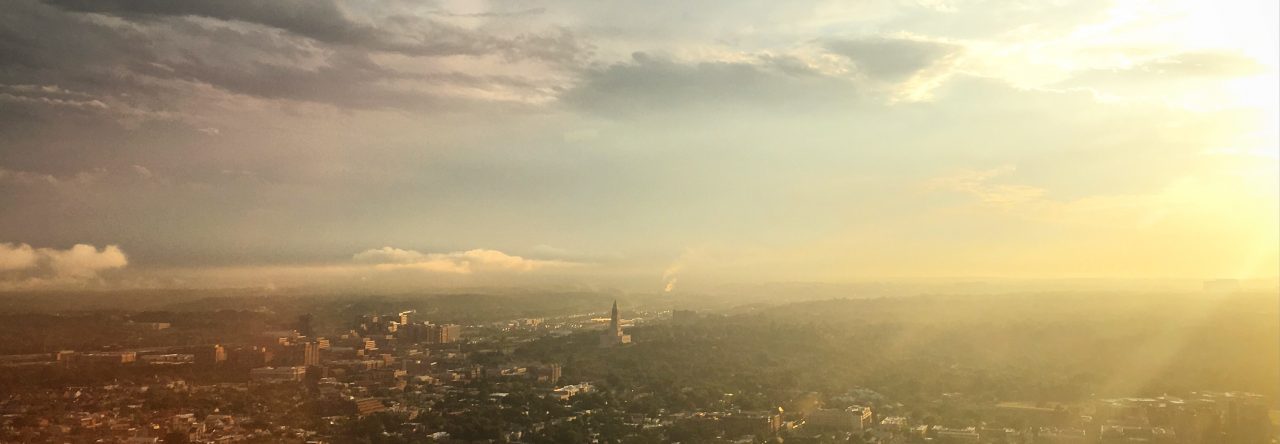FAITH

Sometimes God listens, and sometimes he doesn’t.
Throughout Advent this past year, I’ve been reading through the Book of Isaiah. As a refresher, Isaiah was a prophet writing about 800 years before the birth of Christ. The book, which many scholars attribute to multiple authors, follows along with the fall of Israel and its occupation. Frequently, Isaiah proclaims a prophecy of a new king of Israel to come, a foreshadowing of the birth of Christ*.
Back in December we were pondering through a text in Isaiah in Bible study, and it struck me that 800 years is a long, long time. Isaiah was predicting something he would never live to see–not just him, but not even his great-great-great-great-grandchildren. That’s a lot of darkness to peer into.
Anyway, last night I flipped back to the very beginning of Isaiah. It’s poetry, but it isn’t pretty.
7 Your country is desolate,
Isaiah 1:7-9 (NIV)
your cities burned with fire;
your fields are being stripped by foreigners
right before you,
laid waste as when overthrown by strangers.
8 Daughter Zion is left
like a shelter in a vineyard,
like a hut in a cucumber field,
like a city under siege.
9 Unless the Lord Almighty
had left us some survivors,
we would have become like Sodom,
we would have been like Gomorrah.
Yeesh.
I’m never comfortable with the kinds of folks who stand on street corners shouting at people passing by, accosting them of their sins, yelling and waving about the end of the world. Those kinds of people feel weird. Those kinds of people rarely seem to get the reaction they’re hoping for. It’s easy to classify them as “those” people, the kind who have tarnished the idea of being evangelical. Ugh. Those people.
Isaiah seems to have been one of those kinds of people.
Granted, it hits differently when the country is actually under siege, right? Maybe people were more likely to listen to Isaiah than they would be to the guy waving a poster–the fellow standing a few doors down from Starbucks in safe, nice, modern America as the street crowds, heads glued to their screens, dart around. The urgency just isn’t there whatsoever. All the same, doesn’t it feel thick with a dangerous kind of apathy?
This Advent, I wrote a piece about the times that God leaves us, centering on a later passage in Isaiah: “Seek the Lord while he may be found.” It’s concerning to think that God isn’t always there, available to us on command, like some magic genie.
Reading further in the first chapter of Isaiah, the prophet turns the microphone over to God, who admonishes the people for meaningless sacrifices and ceremonies. “Your incense,” God says, “is detestable to me! […] I cannot bear your worthless assemblies.”
Yeesh!
And then there’s this:
15 When you spread out your hands in prayer,
isaiah 1:15 (NIV)
I hide my eyes from you;
even when you offer many prayers,
I am not listening.
That is an awfully blunt statement. It ought to feel unnerving. “I am not listening” is the opposite of what we expect God to say to us. Granted, Isaiah is writing that this is God’s message to the wicked (there’s a final line in verse 15: “Your hands are full of blood!”), but even so, it is such a stark proclamation that it made me immediately concerned that I am of the wicked. That feels like a terrible, scary place to be.
My new study Bible points out a couple of related passages to this one, the first dating all the way back to Moses. After he received the commandments from God, Moses grows old, and in his final days he passes the torch to Joshua to succeed him and lead the Jews into the promised land.
First, though, God warns Moses:
16 And the Lord said to Moses: “You are going to rest with your ancestors, and these people will soon prostitute themselves to the foreign gods of the land they are entering. They will forsake me and break the covenant I made with them. 17 And in that day I will become angry with them and forsake them; I will hide my face from them, and they will be destroyed. Many disasters and calamities will come on them, and in that day they will ask, ‘Have not these disasters come on us because our God is not with us?’ 18 And I will certainly hide my face in that day because of all their wickedness in turning to other gods.
Deuteronomy 31:16-18 (NIV)
Depending on the timeline, this piece of the story is 700 years or so before Isaiah. But good golly! Here on the precipice of deliverance, at the end of Moses’s journey leading God’s people out of Egypt, out of bondage and desolation, God lays this on him! That had to feel… disheartening. Again we see the admonition that God will hide his face from the wicked.
Now, flash forward to a second reference to Isaiah’s blunt statement, this time in the Gospel of John. Jesus has come across a man who was born blind; later, he heals the man by spitting on the dirt, making mud, and rubbing it on his eyes. He happens to have done this on the Sabbath, which ticks off the Pharisees, who immediately launch a public investigation. A man! Healed! On the Sabbath!
Initially, they doubt the guy was, you know, actually blind. Maybe he just looks like that blind dude, they say. Not so–they find the guy’s parents, who are like, yeah, that’s our son. He was born blind!
How can he see, then? the Pharisees ask. The parents are (rightfully) terrified of the Pharisees, so they say something like, our son is a grown-assed man, go ask him. So they did, and the formerly blind man is rather up front about the whole thing. He says Jesus healed him. The Pharisees can’t believe it, especially since Jesus did this on the Sabbath–something only a sinner would do. How could a sinner do something so miraculous, something that only could have been from God?
They bring the blind man back for another round of questioning, imploring him to tell the truth. (I’ll let you imagine how this goes.) I sorta love this blind man. The Pharisees say but…but–the guy is a sinner!, meaning Jesus couldn’t possibly have healed him.
And the blind man is like, look, I don’t know if he’s a sinner or not. The only thing I know is that I can freaking see!
This keeps going back and forth–the Pharisees disbelieving this could even happen, the blind man becoming exasperated, waving his arms, pointing to his eyes (I imagine)–and things get to this point:
26 Then they asked him, “What did he do to you? How did he open your eyes?”
27 He answered, “I have told you already and you did not listen. Why do you want to hear it again? Do you want to become his disciples too?”
28 Then they hurled insults at him and said, “You are this fellow’s disciple! We are disciples of Moses! 29 We know that God spoke to Moses, but as for this fellow, we don’t even know where he comes from.”
30 The man answered, “Now that is remarkable! You don’t know where he comes from, yet he opened my eyes. 31 We know that God does not listen to sinners. He listens to the godly person who does his will.
john 9:26-31 (NIV)
Can you feel the dash of sarcasm in verse 27? But by verses 30-31, there’s nothing but seriousness. “We know,” the formerly blind man says, staring down the Pharisees, “that God does not listen to sinners.”
This fellow clearly read Isaiah. He knew Moses better than the Pharisees, who claimed to be Moses’s disciples. The irony and symbolism are seven feet deep in this lovely stretch of John. This fellow could see everything for what it was.
The redeeming part of all of this–the part that keeps Isaiah’s gobsmacker from being entirely terrifying, isolating, abandoning scripture–is that last bit from the blind man: “[God] listens to the godly person who does his will.”
I’ll spare you my own navel-gazing wondering how any of us in safe, nice, modern America can listen hard enough to find the will of God, how we’ve our utter comfort creates a remarkable bit of soundproof insulation to the needs of the world around us. These questions convict me regularly, and I can only imagine they’ll become a recurring theme here.
Instead, I’ll simply offer it as plainly as the blind man. We know God doesn’t listen when we’re not following God’s path. And when we do, God does. That’s all. Even a blind man could see that.
But the blind man didn’t win the argument with the Pharisees. Instead, they got so pissed off, they threw him out.
*When Jesus enters the temple in his home town, he reads from Isaiah the verse predicting his own arrival. They also promptly threw him out.






RUTH ANN OLP
I so enjoyed your teaching today, very refreshing and uplifting! I try to study my Bible daily and reading this has intrigued me to dive into more. Thank you so much
Ben
Thank you